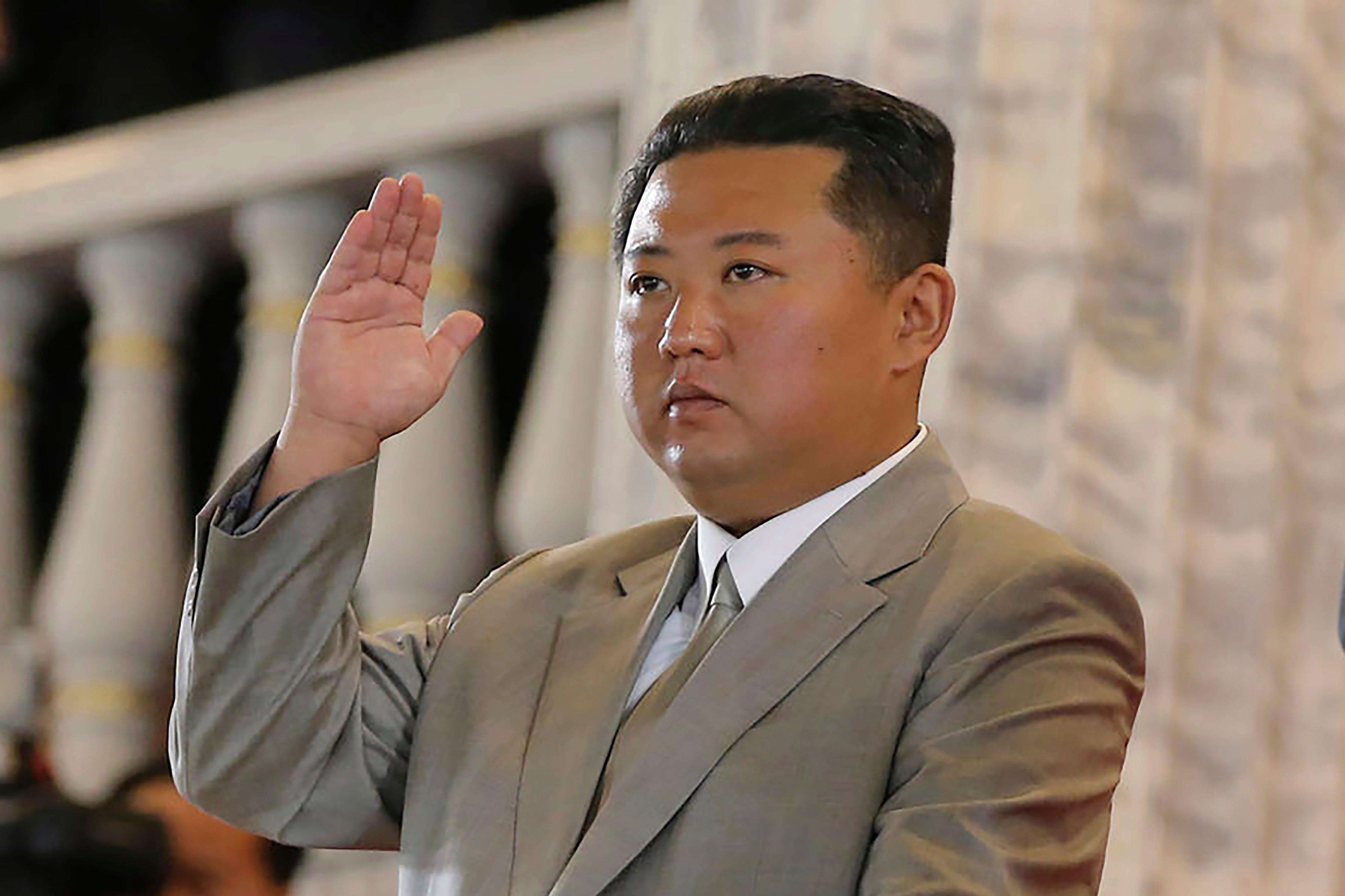Why North Korea is launching so many missile tests – but also extending an olive branch
North Korea’s tactic of firing missiles towards Seoul and Japan but offering the olive branch within days is a traditional feature of its foreign policy, writes Arpan Rai


North Korea’s recent show of bravado where, in the space of less than 20 days, it launched four state-of-the-art missiles, has undoubtedly rattled neighbours South Korea and Japan.
The purpose behind this barrage of missiles – including a new long-range cruise missile, railway-borne short-range ballistic missile, new hypersonic missile that can fit a nuclear warhead on top and a new anti-aircraft missile – may have been to twist the arm of certain countries into dialogue, according to experts.
At the same time as acting like a bully in the region, North Korea is hinting at leaving the door open to South Korea for talks. It even agreed to resume hotlines with the South – showing a mildly softening of stance.
North Korea is focused on retaining its status as a nuclear power at all costs. “Kim Jong-un has repeatedly emphasised that his nuclear weapons represent the cornerstone of North Korea’s defence strategy. South Korea as a non-nuclear weapon state and US ally is trying to cope with these perceived difficulties,” says Ankit Panda, nuclear policy expert at the Carnegie Endowment for International Peace.
Analysts explain how the tactic of firing missiles towards Seoul and Japan but offering the olive branch within days is a traditional feature of North Korea’s foreign policy.
“North Korea has enticed Seoul with promises, peace and engagement but at the same time it is coercing and threatening Seoul and Washington with displays of military power,” Adam Mount, senior fellow and director at Defence Posture Project tells The Independent.
It’s sort of a combat policy where the North is both pushing and pulling towards Washington and its allies, explains Mount.
It appears contradictory but it is a traditional North Korean tactic to entice Washington and Seoul to come to the negotiation table, says Mount. But, he adds, a “pragmatic” Biden administration will not give in to this approach, as it seeks the complete denuclearisation of the North without preconditions.
Time is not very much on our side, because if North Korea keeps diversifying and expanding its military capabilities and improving their arsenal, it will result in greater number of nuclear war threats
North Korea has also adopted a less combative tone at times putting on peaceful parades and focusing on domestic issues. This is partly to shore up support within North Korea, while the displays of military prowess also exude a sense it has leverage in the ongoing tensions with Seoul and Washington.
“Just look at any other country, every country pursues activities in the interest of its national defence but also has other demonstrations – economic, socio, cultural, political. Of course with the pandemic, they are trying to shore up their domestic propaganda,” explains Panda.
It also does not help that North Korea has rigidly followed what’s described as a hostile policy against its neighbours: the nuclear nation expresses its willingness to negotiate or wind up its nuclear programme but only when Washington and Seoul abandon their so-called “hostility”.
This was displayed when Kim Yo-jong, North Korea’s top official and Kim Jong-un’s sister, on 26 September – two days before it fired the hypersonic missile – released a statement hinting at possible reconciliation with South Korea.
“If South Korea sincerely wants the inter-Korean relations to be recovered and to make a sound development, it should think twice to make a right choice before saying anything. For instance, it had better stop spouting an imprudent remark of provocation against us that may trigger a war of words,” it said.
She asked the southern neighbour to not “try to upset the balance of military force on the Korean peninsula with illogical and childish absurd assertions just as the US does”.
The Kim regime doesn’t want a peace declaration, it wants South Korean capitulation
Analysts suggest that North Korea’s weapons are not merely for survival or a bargaining chip, they are for blackmailing and driving a wedge between Washington and Seoul.
“The Kim regime doesn’t want a peace declaration, it wants South Korean capitulation. Paying Pyongyang to talk would reinforce its strategy. It needs to face greater costs in the form of sanctions enforcement and regional missile defence cooperation to be convinced of the need to negotiate,” says Leif-Eric Easley, professor of international studies at Ewha University in Seoul.
But at the alarming rate with which the missiles have been delivered – nine months after supreme leader Kim Jong-un announced them in January – the threat does not appear to be diminishing.
“Time is not very much on our side, because if North Korea keeps diversifying and expanding its military capabilities and improving their arsenal, it will result in greater number of nuclear war threats,” says Mount.






Join our commenting forum
Join thought-provoking conversations, follow other Independent readers and see their replies
Comments